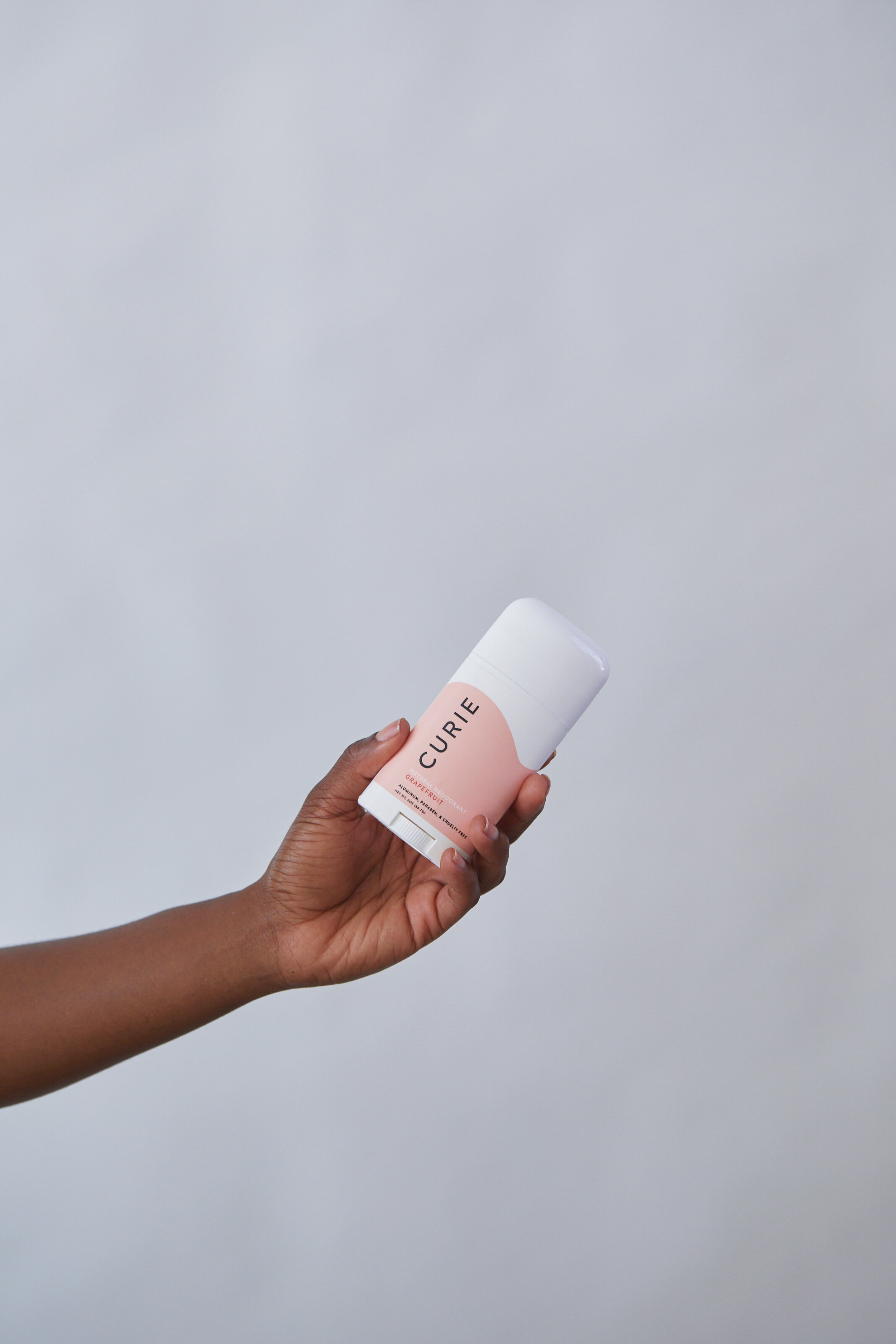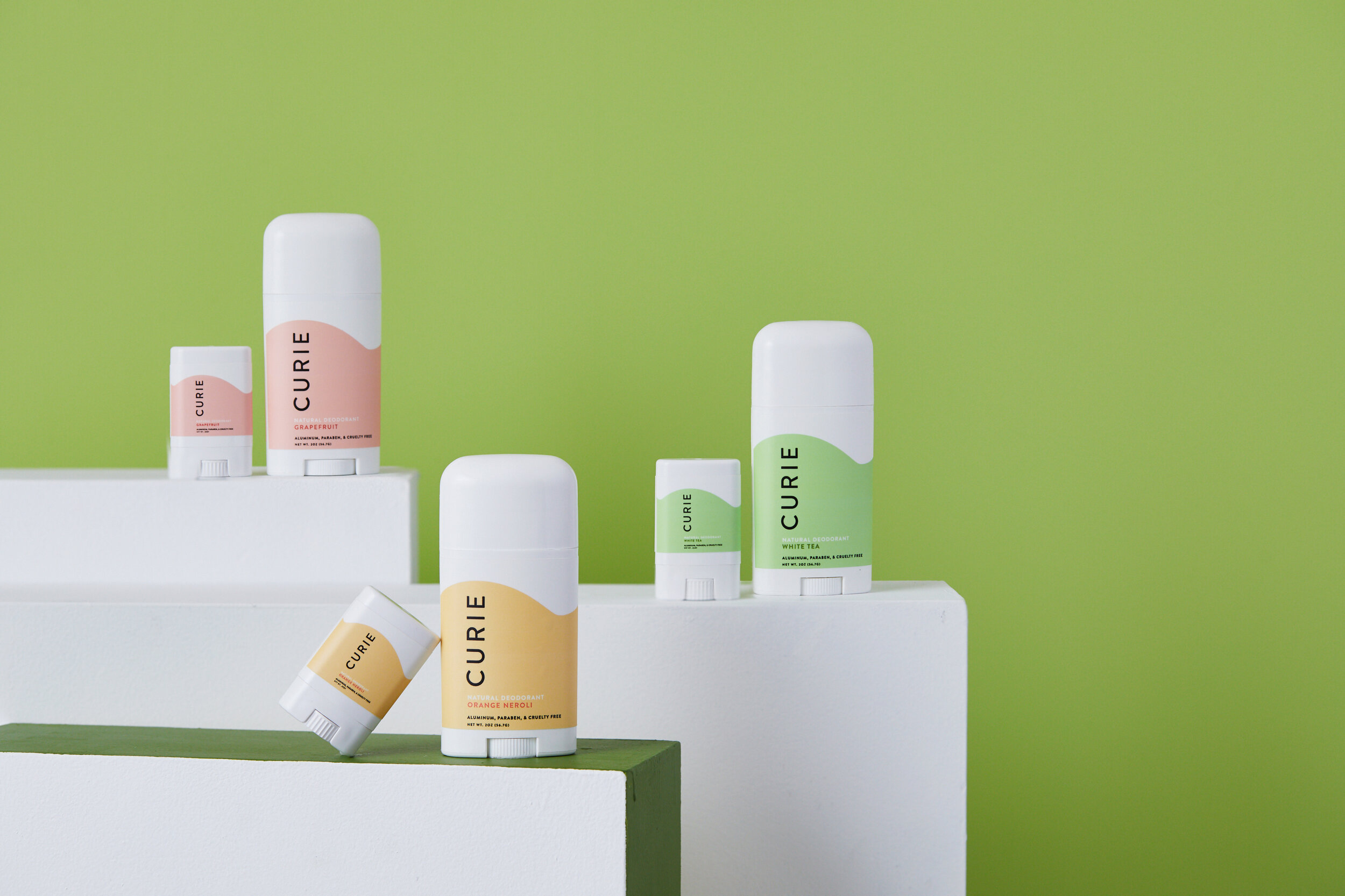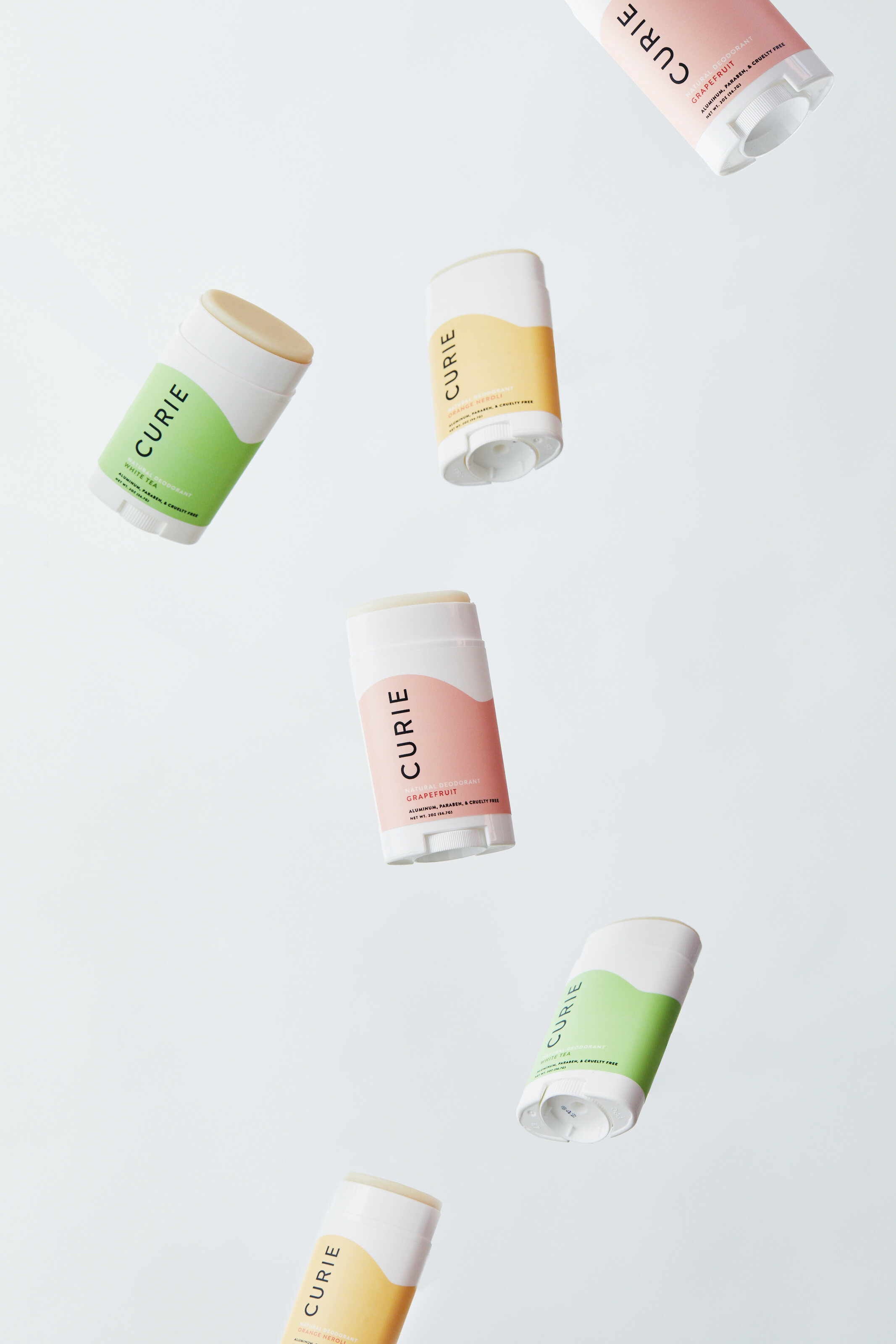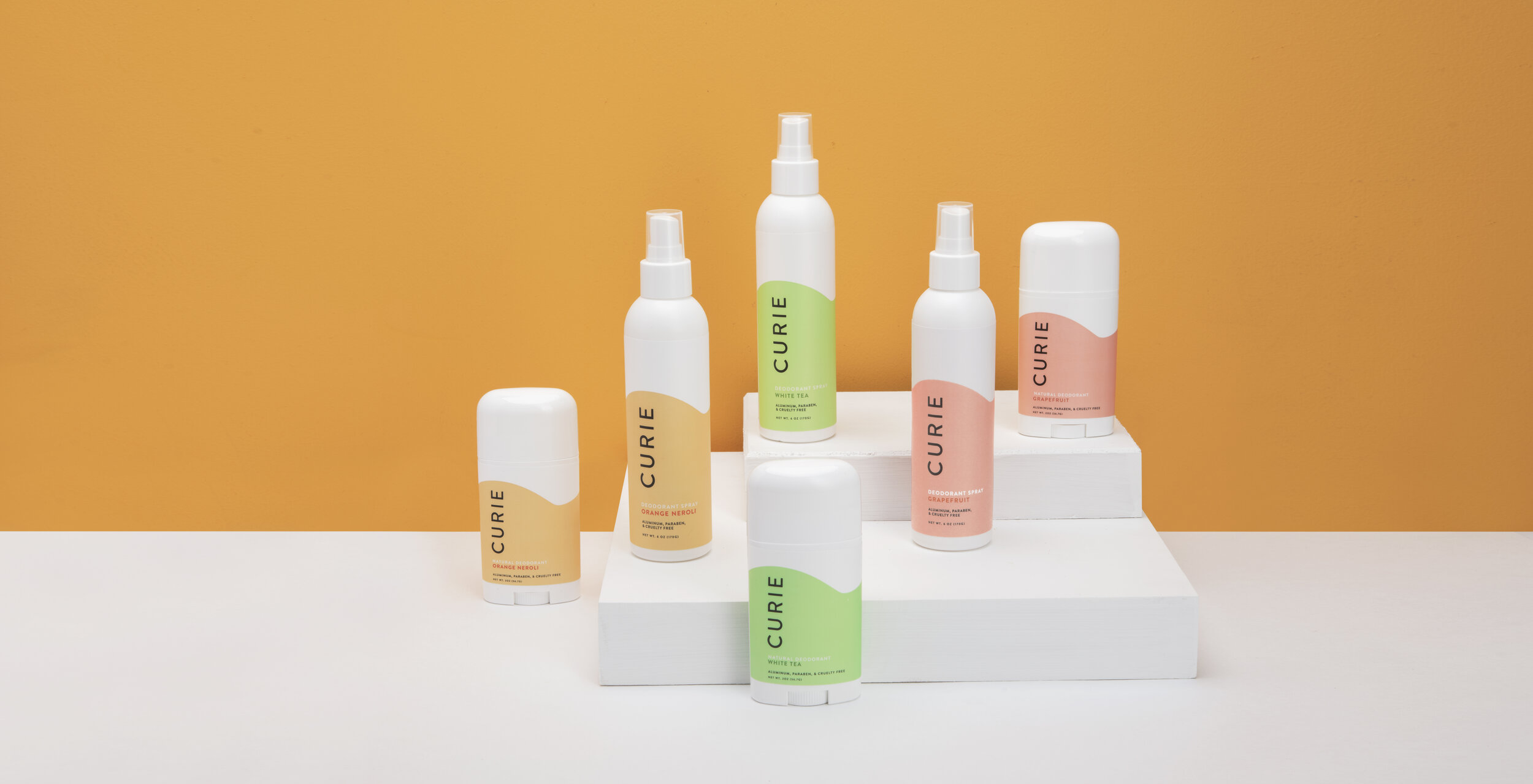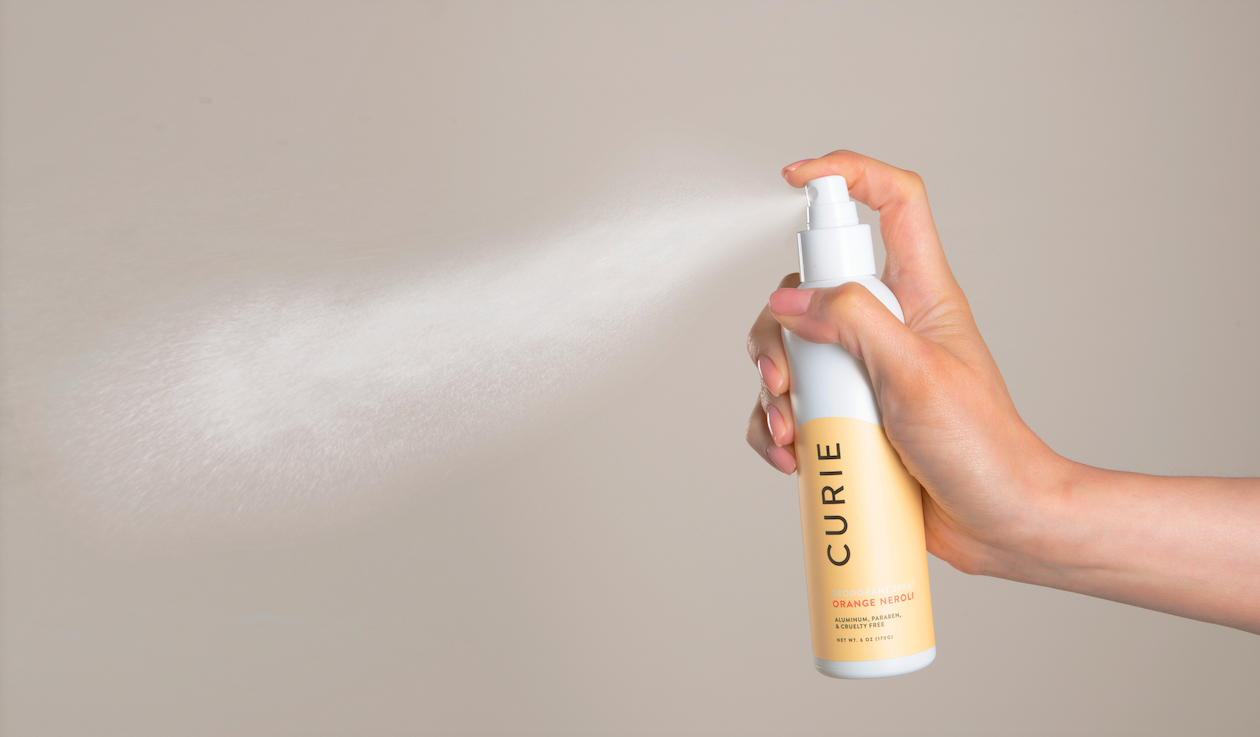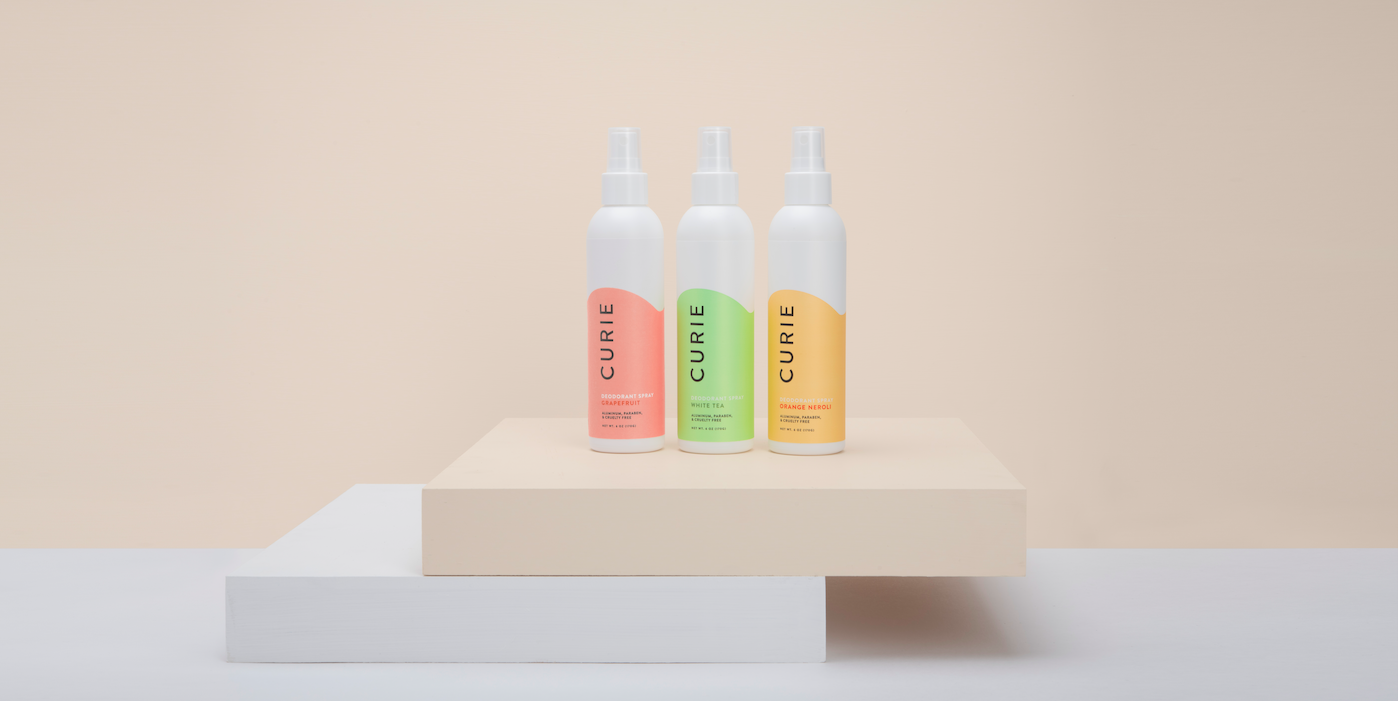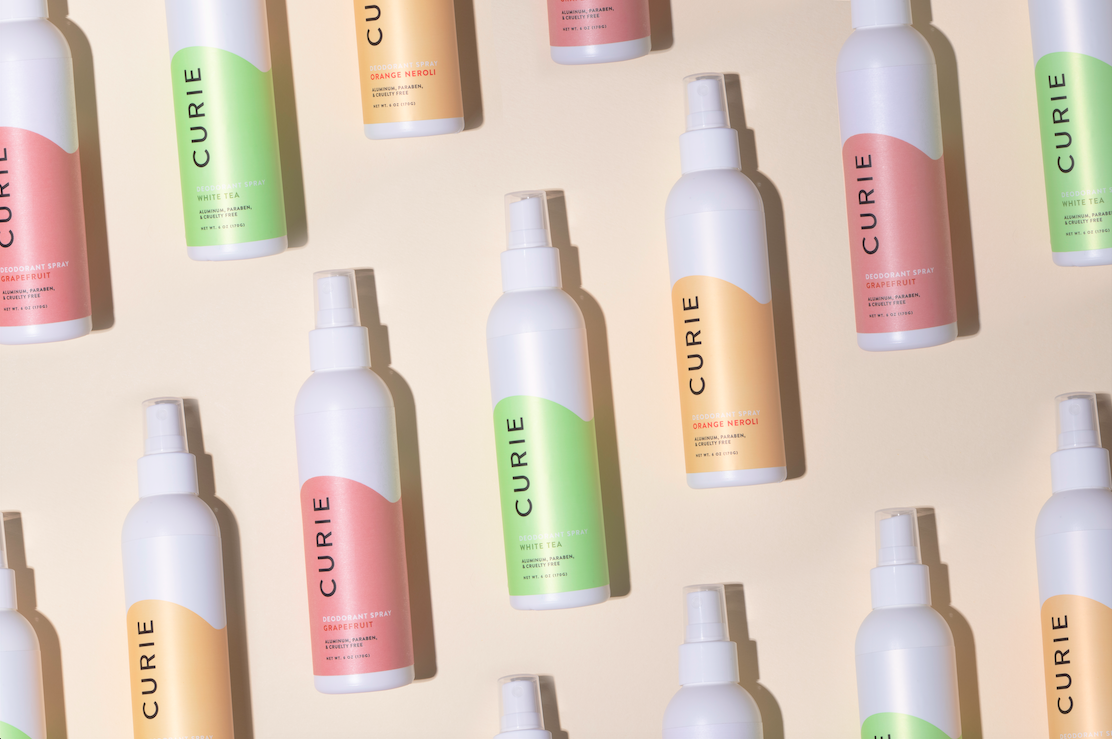Opinion: When Life Gives You a Pandemic, Scrap Everything
Photo: Courtesy of Curie
COVID-19 has had a never-before-seen level of impact on our lives. This pandemic is, literally, reshaping the world as we know it. As a CEO and small business owner, this has had a huge impact. Not only has my personal life changed overnight, but professionally, a year’s worth of carefully laid plans around product launches, brand strategy, and partnerships were completely turned upside down seemingly overnight. COVID-19 walked into our conference room and erased the whiteboard.
My company, Curie, is a direct-to-consumer brand that sells clean, performance-based body care products. Fitness studio partnerships were a huge part of our 2020 strategy. We were scheduled to announce a partnership with a major national fitness chain the week of April 1 and had another large partnership in the works. With gyms, fitness studios and retail stores all off the table, for the time being, we immediately shifted gears.
“Out went our entire social media and content calendar. In came an even deeper obsession with our customers and what they wanted.”
When life gives you lemons, you make lemonade, right? There’s no recipe for this situation. Scrap it, start over. Out went our entire social media and content calendar. In came an even deeper obsession with our customers and what they wanted.
Now is a good time to engage with your community in a way that isn’t strictly focused on selling products. People are home, relying on screens for work, connection, distraction and more willing than ever to share their thoughts. What our customers told us is that they wanted interactive digital content. Instagram Live workouts, how-to-tutorials, tips, and funny content simply meant to make them smile. I made a conscious business decision to focus on building relationships rather than growing sales.
If you rely on physical spaces, like we do with our retailers and fitness studios, this temporary shelter-in-place has had an even greater impact on your business. A solution is to move toward virtual partnerships and campaigns with other brands. These are a fantastic way to leverage other audiences with which you wouldn’t typically connect. This led us to Better Together, a community campaign we launched with 35 other female-founded brands that included a universal discount code, a charitable donation, and a massive giveaway. It was organized virtually overnight by Nichole Powell, CEO of Kinfield. Partnering with other like-minded companies is a great way to provide a benefit to existing customers while also tapping into new audiences. For Curie, the Better Together campaign contributed to over 50% of our revenue during the week it was live.
Right now, there are plenty of things that are going wrong in our businesses, but identify what is working, and invest your team’s time and focus on that. For us, our DTC website stayed relatively flat during the first week of shelter-in-place in California and other states, but our Amazon.com business was booming. We leaned into this shift, putting all of our SKUs (stock-keeping units) on Amazon.com. When Amazon lengthened their shipping times for what they deemed “non-essential products,” like deodorant, we pivoted our strategy. We made shipping free for all orders on our online store and started fulfilling Amazon orders out of our own warehouse to decrease transit times. Since we had previously used the low-cost FBA (fulfilled by Amazon) service for these orders, this meant a 30% increase to our shipping cost, which we decided was the right thing to do to keep our customers happy (and fresh!) during this time. Give yourself permission to throw out “the plan.”
“Things have changed, our world has changed, and the faster you can adapt to these changes, the better you will be able to serve your customers.”
Think about what your company has to offer. Does it still meet your customer’s needs? As COVID-19 spread in the United States, hand sanitizer, overnight, became an essential part of people’s daily routine. Coincidentally, we had just wrapped up the development of a new product: a moisturizing, natural hand sanitizer. We originally planned to sell this product to our fitness studio partners versus direct-to-consumer, but clearly, needs had changed. At the beginning of March, we got on the phone with our suppliers and were able to move the launch date for the hand sanitizer up six months. We will be launching this product in a few weeks and will be gifting 10% of our initial inventory to those on the frontline: delivery men and women, grocery store workers, doctors, and nurses. Things have changed, our world has changed, and the faster you can adapt to these changes, the better you will be able to serve your customers.
Lastly, never underestimate the impact of giving back in small ways. As Paul Graham once said, “Do things that don’t scale.” During this time, that especially rings true. I personally wrote 100 hand-written postcards to our most loyal customers. There were no marketing ploys and no offers involved. Simply short and sweet notes to show my gratitude and wish them well. My team also sent care packages to people who are stepping up in the community, such as fitness instructors that are leading virtual workouts online. Everyone could use a little extra love right now.
The economic uncertainty we are all experiencing right now is out of our control, but what you can control is your response. Keep your focus on doing right by your customers and don’t be afraid to throw out the plan.
